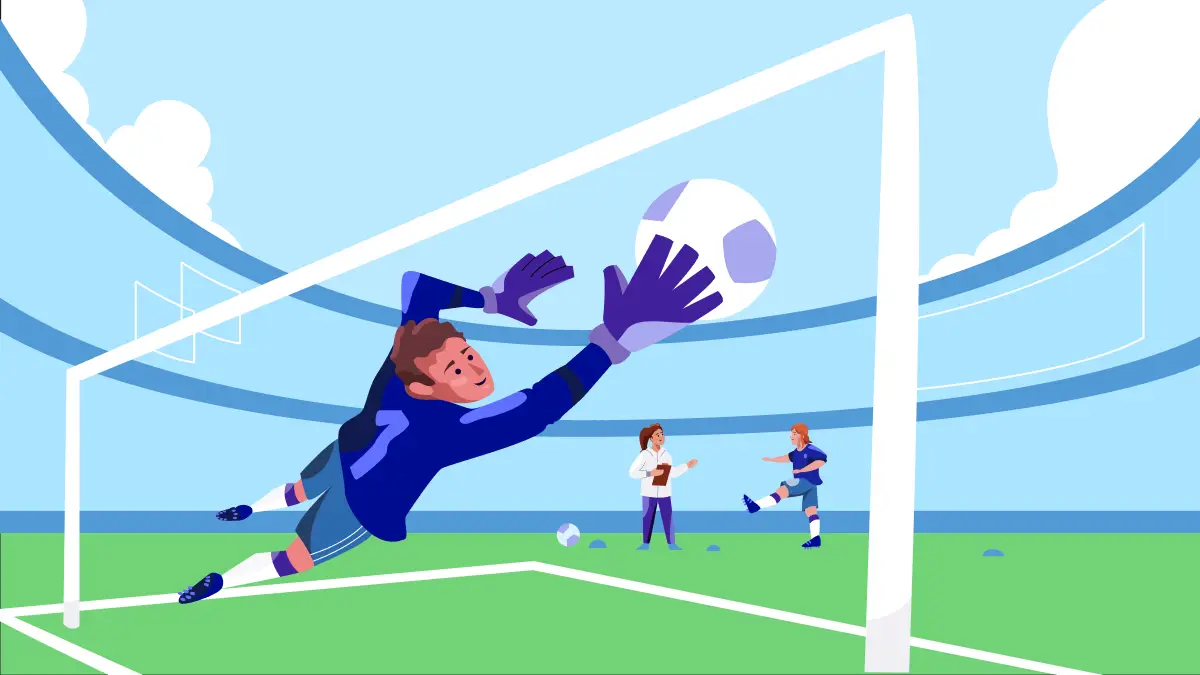
Whether you’re a sports business owner, manager, coach, or trainer, you know firsthand how administrative tasks pile up. Keeping operations running efficiently can be a struggle with all of the tasks that you juggle. Upper Hand is designed to help your business run more effectively and cater to your business needs. Here are some ways that Upper Hand can assist in making your sports business more efficient.


